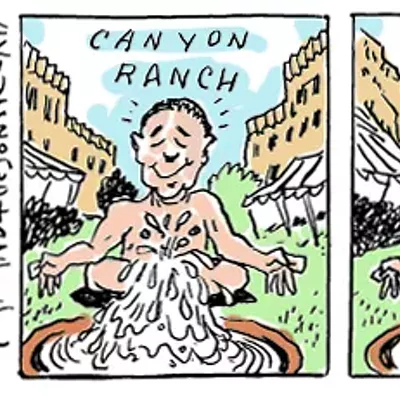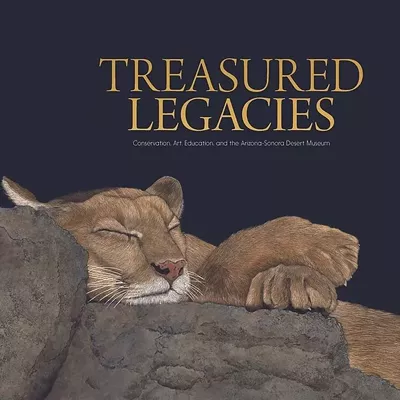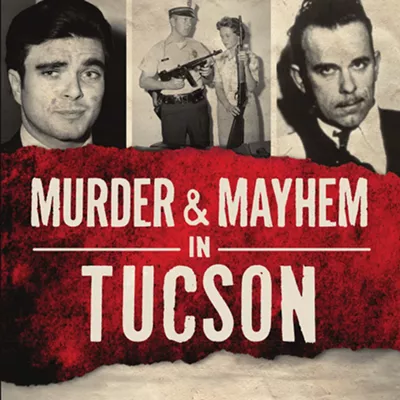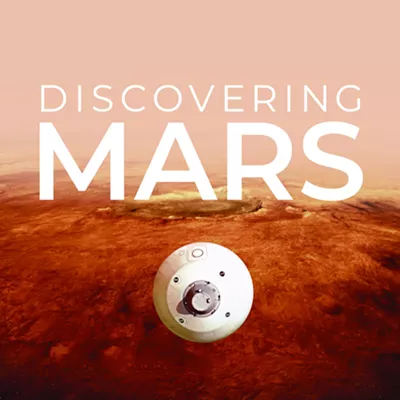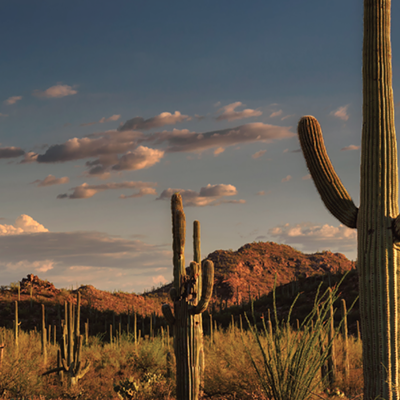Ever wonder why you can't lose weight, no matter how hard you try? Maybe it's because you're a hunter eating like a farmer, or vice versa.
Back in school, we learned how early humans were divided into two categories: hunter/gatherers (today, we'd call them foragers), and farmers. The hunter/gatherers relied on skill, cunning and the availability of game, fish and wild plants for sustenance. The farmers found a way to grow their own food. This, of course, added more stability to their lives, and they thrived. Eventually, people were living in high rises and buying their food at Safeway.
The rise of civilization has resulted in bigger waistlines, and an increase in diabetes and heart disease. Yet, according to Dr. Mark Liponis, the medical director at Canyon Ranch Health Resorts, we can still be divided into those same two groups that roamed the Earth thousands of years ago. Liponis has written a new book with that theory in mind, The Hunter/Farmer Diet Solution.
"This is my third book that I've written. The idea behind all the books, really, is educating people on how they can be healthier," he said in a phone interview from the Canyon Ranch in Lenox, Mass.
Liponis has devoted a lifetime to helping people get and stay healthy through weight loss and lifestyle changes. He has been at Canyon Ranch for 18 years. Before that, he had a weight-loss practice in Butte, Mont. He has watched diets come and go. Early in his career, he followed the norm, prescribing low-fat diets to lose weight. But in spite of many successes, he wondered why many people seemingly couldn't lose weight no matter what they did. This book is the result of that curiosity and study.
"What I found was their experiences were varied. Some were very successful; others struggled. Even trying all kinds of different diets, it was hard to make sense of what was happening," he said.
Liponis takes readers through the "evolution of eating," a concise anthropological course on how we once ate and how that has changed. We learn how people progressed from nomadic, foraging hunters into people living in the first "settlements," where humans learned to grow their own food. This change made people stronger, babies bigger and waistlines wider. It was the start of civilization, and the idea of being either a hunter/gatherer or a farmer went the way of the wooly mammoth.
The book is an easy read with limited jargon. Liponis explains both hunter and farmer types in detail and gives readers a simple chart to determine which category in which they fit. He includes recipes taken from the Canyon Ranch kitchens and applies them to both hunters and farmers.
As one may expect, the hunter diet is based on proteins; the farmer leans more toward a carb-rich diet. Hunters can go for hours without getting hungry; farmers need to eat more often. Hunters do best when they avoid grains, with beans, nuts and fruits as substitutes. Farmers do best eating things like pastas, breads and rice, although vegetables, fruits and lean proteins (chicken, fish, eggs, etc.) are necessary as well.
Liponis isn't alone in making these findings. Several papers, most notably research at Stanford University called "A to Z: A Comparative Weight Loss Study," found that there were wide discrepancies in how successful various people were on the same diet.
Amazingly, the differences come down to a basic finding. "The big difference was how they responded to the hormone insulin," Liponis said. "The hunter has a very sluggish response; the farmer has a very rapid and powerful response. Hunters are what we call 'insulin-resistant.' The farmers are called 'insulin-sensitive.' That's the reason why they need different diets.
"When we looked more closely, we realized that, yes, anyone can lose weight on any diet, but to do the best with your weight loss, you should be on the diet that matches your type."
Dr. Liponis and the staff members at Canyon Ranch are using medical findings to create a user-friendly system that fits diets to the individual, rather than trying to fit individuals to the diet. It makes sense. Whether you're a hunter or a gatherer, if you're looking to shed some pounds and generally live a healthier lifestyle, this book may be worth checking out.

